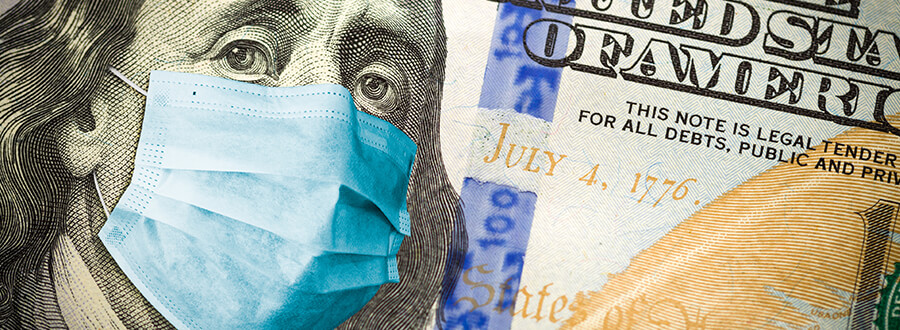Key Points
- When you claim Social Security benefits will greatly affect your monthly payment.
- Social Security was designed to keep seniors from financial destitution, not to cover retirement needs fully. Without additional income sources, you could find it hard to keep up with necessary living costs on Social Security alone.
- Avoiding common mistakes when filing for Social Security could improve your retirement outlook.

Roosevelt signed the Social Security Act into law in 1935, and payments began in January 1940. Over the last eighty years, it has served as an important safety net for seniors. However, the program was not designed to be the only source of income, and at the time of enactment, most workers only lived a few years in retirement, limiting required payouts.
Longer life expectancy means you could spend up to 30 years out of the workforce. With an estimated 40.2% of retirees relying solely on Social Security, it is essential to avoid common mistakes that could lower your annual benefit.
Avoid Letting Fear Dictate When You Claim Social Security
COVID-19 disrupted the careers of millions of workers, including those nearing retirement. Losing a business or getting laid off after 60 could drastically change your finances in retirement. Claiming benefits early because you face a financial crisis, could permanently lower your income.
You can claim Social Security benefits as early as 62. However, the full retirement age for people born in 1956 is 66 and 4 months. Taking Social Security before reaching this age will permanently lower your payout by as much as 30%.
Avoid Delaying Social Security Until You Run out of money
On the other hand, waiting to file for too long can also devastate your finances.
You will receive a higher payment each year you wait beyond your full retirement age. The increase is around 8% each year you delay up to age 70. After 70, there is no benefit to waiting. The larger check could allow you to maximize benefits, especially when considering survivor benefits.
However, if delaying payments mean depleting retirement assets or incurring debt, you might do better taking Social Security earlier.
Avoid Using Debt to Bridge a Gap in Income
Using debt to bridge a gap between income and expenses can destroy your financial security. Particularly as you near retirement and have fewer options to make up the difference. Bringing debt into retirement will raise your cost of living and could deplete assets faster, leaving you unprepared to cover increased health care costs incurred as you age.
You could strengthen your long-term financial outlook by taking Social Security early if delaying benefits mean borrowing money on credit cards to pay bills. Credit card debt comes at a high cost. Not only do companies charge high-interest rates, but the interest compounds daily, making it more costly to carry a balance. Minimum monthly payments may seem affordable, but only if you never plan to get out of debt.
Final Thoughts
The two most significant factors in your Social Security payment are the income earned in your 35 highest earning years’ and when you file. You could increase your benefit by delaying payments, especially if you can earn more than your current lowest earning years. You can also increase your monthly payout by delaying the filing as long as possible.
If you want to delay taking Social Security but currently struggle to manage high levels of credit card, personal loans, or medical bills, debt settlement could offer a solution. When you enroll in debt settlement, you get immediate financial relief through lower monthly payments. You also get the long-term benefit of paying less than the full balance owed, allowing you to eliminate debts before retirement.
